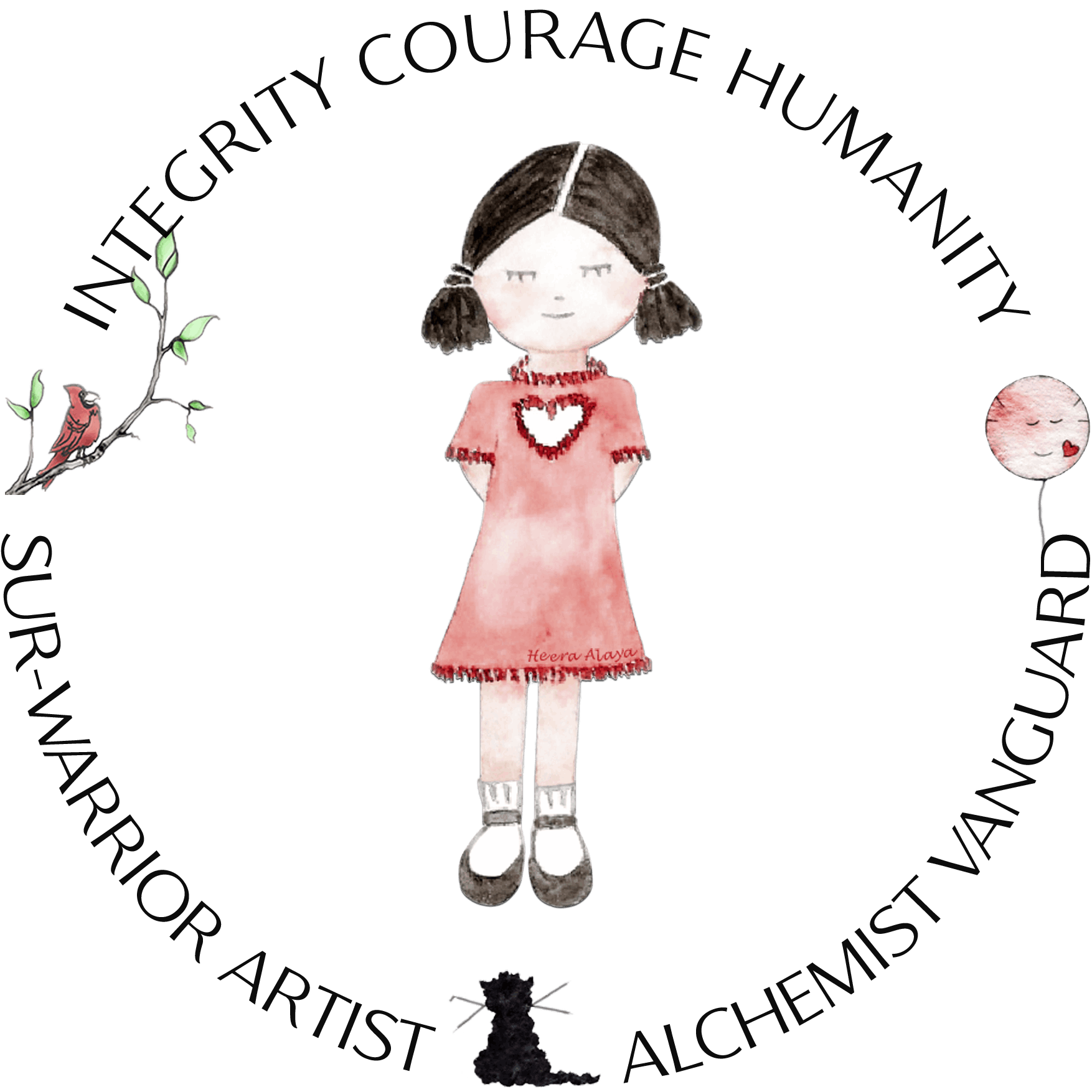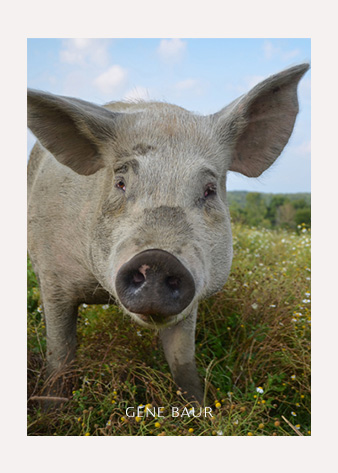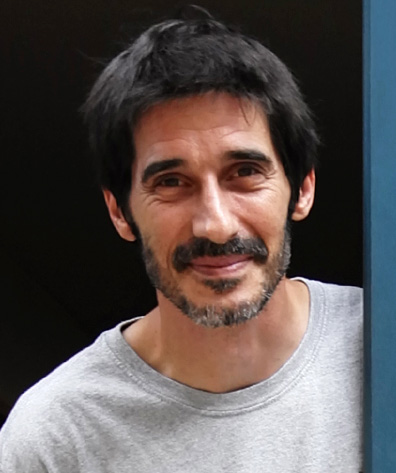
“In life, we have to focus
not only on business
but also on sensitivity.”
PIERRE JULIEN
Baker and Owner, Bella Ciao Boulangerie Utopiste, FR
February 29th, 2024
OPEN WINDOWS | In Conversation
Heera Alaya: I am hooked on your artisanal bread, especially pompe à l’huile, and this is a big problem!
Pierre Julien: [Laughs] Thank you.
The aroma of yeast working its magic seduced me, drawing me into your bakery; however, it wasn’t the irregular baked goods that caught my attention—it was the diversity of people at Bella Ciao.
For me, diversity is a significant point.
Wholesomeness is at every level—the delicious wafting smell, the impactful diverse visual and the incredible taste.
This is true.
What made you move from journalism to baking—
[Laughter] I was on the other side. My quest for direction in life resulted in shifting professions. I had a child, and I was working in Marseille. Life didn’t make sense—it was the same cycle. I questioned what I would say to my child. So, I started to think about doing something new. And bread is full of meaning.
Explain why [bread is full of meaning].
Bread is something we all eat, black or white, rich or poor, everybody.
We share bread, which could be the centre of something. Besides, you can earn your life by baking, to have little money to live. With baking, I can live an honest life and create many things around bread.
At Bella Ciao, we learn to make quality authentic bread with a heart. And Bella Ciao is a laboratory of how we make society together. We work very differently than others in the community—operating the bakery only four days a week. There is equality between female and male bakers. The organisation is Utopian.
The bread is a good—
A glue to connect all healthy aspects—
Yes, yes.
What obstacles did you face while achieving your utopian dream?
Working with humans is a challenge. Everyone is different. Now, we are four bakers, five including me. Three bakers came to Bella Ciao because I invited them to a safe environment to create good vibration products, and soon, they will leave to create their projects.
It is not just working together, but—
Bake in harmony?
Yes, and to spread the state of mind, to make harmony a reality.
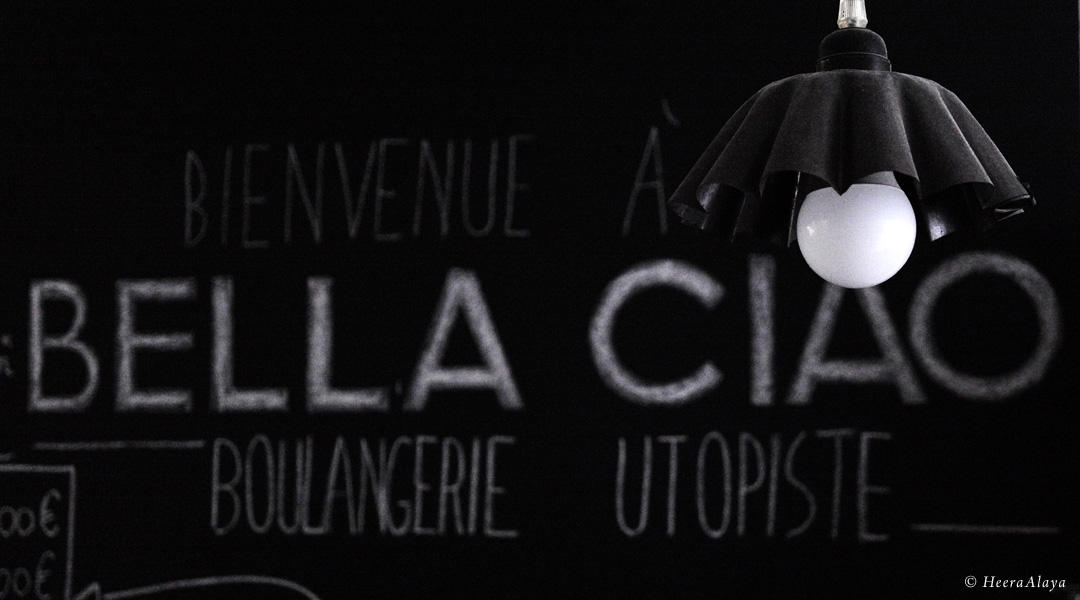
Are these bakers apprentices?
No, no. They are all bakers. One was an apprentice at Bell Ciao two years ago, another baker was here three years ago, and the third baker has been here for five years. Since there was free space in the bakery, I invited these bakers to join me in building this project. I want to show that we can do something in harmony, with simplicity and kindness, which is essential for me.
Earlier this morning, you had an oven issue. In a few weeks, your bakers will be leaving to start their bakeries, and next week, your supplier may delay the order. How do you remain centred?
[Laughs] Oh, I panic a lot. But we have experienced a lot, so now we are calmer and know how to manage. Plus, we are dependent on only a few machines.
Bella Ciao is my place and all of me. It took a lot of work to change from journalism to baking. The key for me is to trust and have confidence in others. And I learned with my children—you become a father and don’t know what to do; there is no book. I need to be confident in my feelings and act sensibly. I practice the same in the bakery—I try to be confident in myself and others. And I need to be tranquil.
When did you start Bella Ciao?
Seven years back.
Is this the only bakery, or do you have other branches?
Bella Ciao is the only one. I thought about opening another branch, but it’s not for me. I don’t have the type of energy to manage another branch and don’t want to waste money on business. I don’t know how to be wholly involved everywhere. Bella Ciao is enough for me.
How did you arrive at your making artisanal breads?
Each customer is different, and they want a variety of breads.
I combined the inspiration from baking school with what I like to do. I had to see if my choices made sense and if I could support those choices. Take, for instance, the popular Panettone. Today, if I make Panettone, I will use a lot of yolks; what will I do with the albumen?
Many people want organic Panettone and buy the egg yolks in bottles, which I don’t want to do. I want to work with a poultry farmer a few kilometres from Avignon. Also, there is a lot of butter in Panettone. There are no cows for 200 kilometres around Avignon. So, the bakery’s products with butter are limited. To make Panettone does not make sense. This filtering information and choices helps me decide on Bella Ciao products.
My team’s and customers’ preferences also impact the decisions. We decide together, and this process becomes a dialogue.
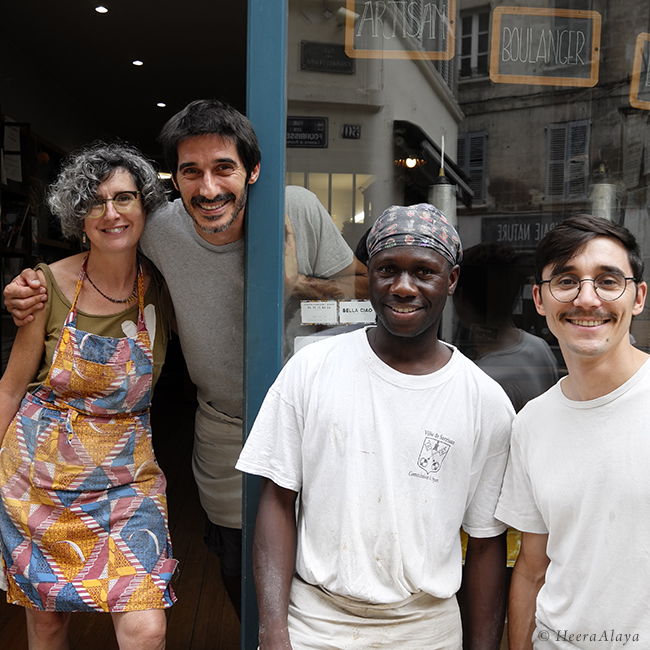
A few days back, while waiting for Bella Ciao to open, I saw huge sacks of Pichard flour being delivered to your bakery. Is the marriage of positive intentions and quality ingredients essential?
Of course. I want to work with products only if I know everything about them. We have to make choices and sometimes make compromises, but I must be able to defend them.
The products I source are wider than a radius of twenty kilometres from Avignon. I get olive oil from Greece. Provence has olive trees, but olive oil is 20 euros a litre. If I bake pompe à l’huile with olive oil from Provence, it will cost six or seven euros. Only a small part of the population can buy pompe à l’huile at this cost. I want my products to be accessible, so I must compromise.
Do you improvise on the techniques you learned at baking school [in the Alpes-de-Haute-Provence]?
Yes, we always question why we do things a certain way. For instance, we work with short and tall people and have to think about how best to organise the movement around baking.
Often, bakers start their work days around 4:30 am. What time do you start baking?
At Bella Ciao, we start at 6:00 am, which is late for bakers. But this schedule is part of the utopian project—starting work at a reasonable time is part of life, and it enables us to be with our families. Bakers are helpful to society and have to sacrifice several aspects of their lives, and that is okay—they are earning their lives very well.
When you are only working, you are a zombie. Real freedom is to choose a way of living and say: “I love this job; it is fantastic, but I cannot be on the other side of life.” Then, I began to question how I could be helpful to society while having a life. If you think about it calmly and make compromises, you can make a happy recipe.
Do you have your schedule down to a t—to run a brick-and-mortar bakery and make bread deliveries (I have seen your staff loading bread on their bikes),
With a team of nine, Bella Ciao is well-organised. We can manage with four or five people; however, we can arrange our day non-stressful with nine of us. Initially, it was two people, and we were running everywhere [Laughs].
Do you bake four days a week?
I bake less often, as my bakers and team are responsible. I have had plenty of time to enjoy life with my children for the last two years. I walk my children to school, play sports on Wednesdays, and am with my children on the weekends. [Laughs] Life is good now.
We share the job, and we do our work with confidence.
As an observer, I could see Stephania’s sense of ownership— she serves with a fine balance of pleasantness and professionalism.
I have an intuition about people. When I met and hired Stephania (and others at the bakery), it was intuition—I knew we would match. It is essential that I respect all aspects of their lives and that there is no exploitation. With this positive approach, we never argue; we are in a good mood. Bella Ciao is a cool place!
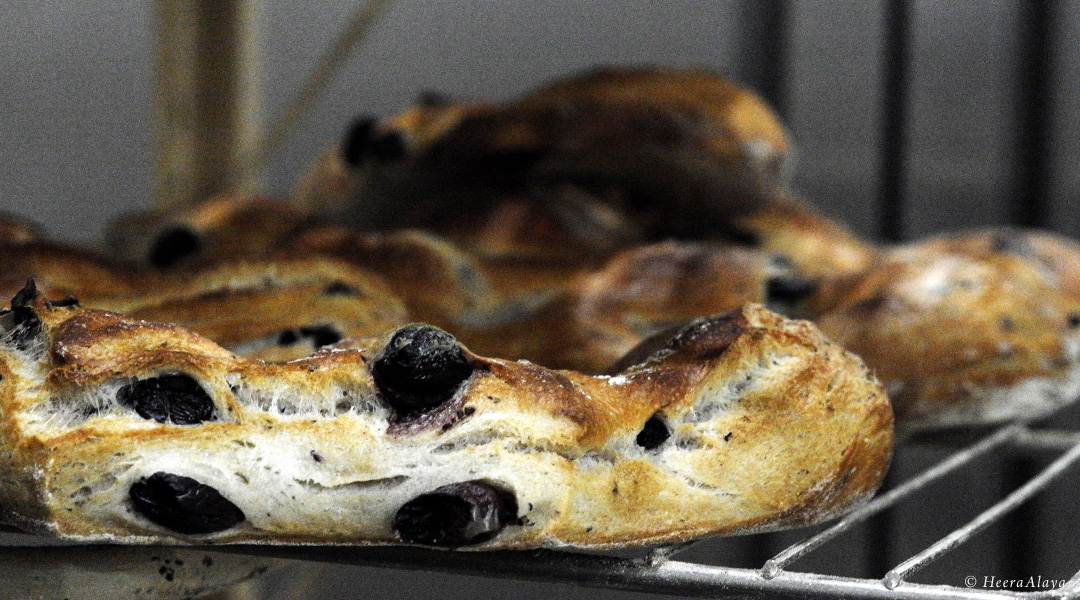
We can have dreams but need people aligned with our values to celebrate our creations. Did validation from your consumers come overnight, or did it come gradually?
You can change jobs and life paths only with humility. I had barely baked and needed to be more confident in myself and others. It was a slow process. I welcomed the first brave people to enter my bakery: “Thank you,” and “Let’s talk about how we can do things together.” I wanted to learn how to build a utopian model with my clients. We worked very hard in the beginning, with a lot of humility.
Is your bakery named after the song Bella Ciao?
Yes. In Italy and Spain, we sing Bella Ciao to resist oppression. We are a resistant bakery, resisting with authenticity, simplicity, diversity and dialogue.
You are saying today’s world is unhealthy, not just in the food we consume, but also in what we intake in every aspect of life. Your bakery, Bella Ciao, represents staying true to our humanity, simplicity, authenticity, diversity and all elements that are nutritious for our soul.
Yes, it is correct. Along with our souls, society’s soul is as well.
Your thoughtfulness—selling only a couple of slices to older people, giving away loaves of bread to your suppliers, and having a four-day working week- speaks to investing in society’s soul.
In life, we have to focus not only on business but also on sensitivity. I do not think like a businessman, so I do things my way.
Learn more about Pierre Julien.
